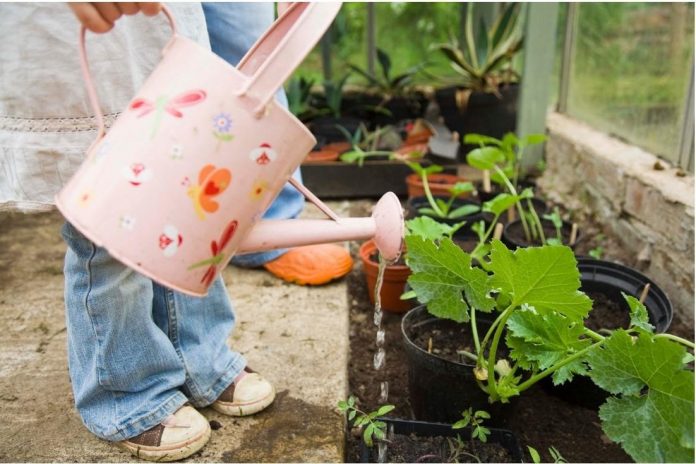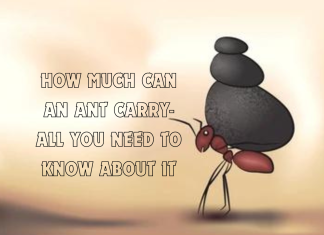Want your kids to learn about gardening? That is the best decision you can make. Gardening in itself is a great teacher. It imparts patience, industry, and trust. Besides, gardening can help your kids to maintain physical activity, which is good for their health. They will learn to respect nature and appreciate the need for conservation. Since it is done in the outdoor, gardening can be a fun way of eliminating boredom. Your children will cherish memories of digging for earthworms and planting seeds for a long time to come.
Luckily, children of any age can learn about gardening if you use the right approach. You can take only a short time every week to develop a garden with the help of your children. Here is how to teach your kids about gardening easily and simply.
Content Summary
1. Start with What You Have
Gardening doesn’t have to take place in a large yard. As long as you are teaching your kids how to grow some plants, it’s okay. Make it as simple as you can to attract your children’s interest in gardening. If all you have is a couple of cans, use them to plant beans. For sunlight, place the cans against the window. Your children will be delighted to see the bean plants grow with each passing day.
Or, use a pot on the patio to grow a tomato plant. Teach your children what it takes to take care of the plant. You may also opt to grow flowers in pots against your windows. In a simple, straightforward way, your kids will learn about the need for water, sunlight, and soil fertility. At the next stage, you can expose your kids to a small flower or vegetable garden. Task them with the entire project so that you can gauge how much they have understood so far.
2. Allow Your Kids to Choose the Plants
You want your kids to develop an interest in gardening, don’t you? It helps to help them pick the plants they want to grow. Don’t insist on anything. Examples of plants include cherry tomatoes, lettuce, spinach, radishes, carrots, pumpkins, and peas. You can start the conversations with your kids from what they have on their salad plates. Which of the ingredients do they like the most? Ask if they would want to grow that particular plant. Whatever they choose, make sure you have no hand in it. You may provide some guidance on the process, but don’t dictate what your child grows.
3. Acquire the Right Tools
Proper gardening can only take place with the right tools. Luckily, you can find a variety of gardening tools specifically designed for use by kids. For example, each of your children should have a pair of gloves now that they will be handling dirt. Other tools include watering cans, shovels, hoes, and so on. Teach your kids how to properly use, clean, and store the tools. Another important tool is the kids wheel barrel/wheelbarrow. They can use it to transport manure from one end of the garden to another. It can also be a fun toy.
4. Be Consistent About It
Want to show your kids what it takes to succeed in gardening? Teach them that consistency and not skill or luck is what matters. Show them small things like cleaning and storing gardening tools properly really matter. Once a week, set aside up to 20 minutes for gardening. After planting, show them why they should consistently water the plants. Teach them the need for pulling out weeds and nourishing the plants. Your kids will learn to be responsible for the crops and their performance. They might even transfer some of the skills they learn to other areas of their lives.
5. Harvest and Consume the Plants
When your kids see you serving their harvest on the dinner table, they will know the importance of gardening. It will no longer be a pastime but a way of producing food for the family. You can ask your kids to pick some tomatoes, onions, lettuce, and pumpkins from the garden. Following a recipe, use the ingredients to prepare a meal for the family. It could be a quick snack or salad. In the future, you will not have to ask your kids to do some work in the garden.
6. Tour an Established Farm
Gardening shows your kids the source of the food they eat. However, they will appreciate it more after visiting a farm. They will see the production on a larger scale and learn how much farmers contribute to the economy. Your kids will also learn some methods of production to which you may not have exposed them.
With consistency, your kids should acquire key gardening skills to help them in the future. The earlier you start teaching them, the better.









